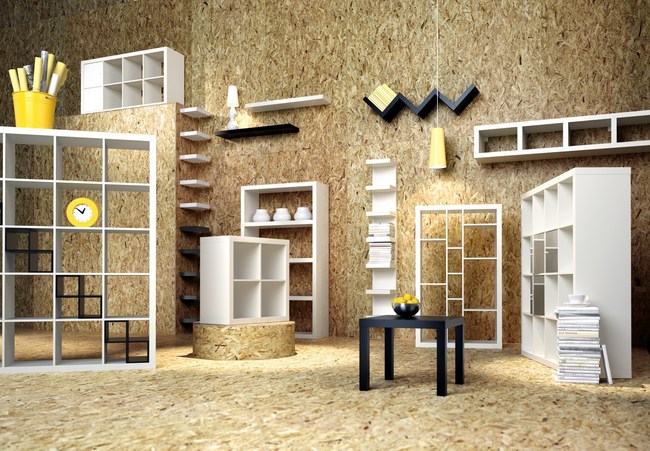
TORONTO, April 9, 2019 /CNW/ – Changing social norms will shape home décor and design in ways that could not have been imagined a decade ago.
Legalization of cannabis, for example, will see accessories for using the herb move into the mainstream as decorative pieces, says Vicky Sanderson, publisher of the home and lifestyle website Around the House.


“For years, we’ve looked on stylish bar carts, cut-crystal glasses, and vintage cocktail shakers as décor”, she says. “Now, you could just as easily see a beautiful grinder on the coffee-table.”
There are signs retailers are making the same bet: in the U.S., Barneys New York opened a luxury cannabis accessories shop in its Los Angeleslocation. In Canada, 48North Cannabis Corp. — a licensed producer with facilities in Kirkland Lakeand Brantford — is rolling out a line that includes handsome brass grinders and sleek ceramic porcelain pipes.
Consumers may be increasingly cool with cannabis use for both recreation and wellness, but they’re increasingly uneasy about buying home-related products made under questionable ethical standards.
“Nobody in 2019 wants to buy bedlinen laced with cancer-causing chemicals, and stitched together by an undernourished twelve-year-old,” says Sanderson. “There are big players striving toward having ethical, sustainable operations. These companies may be driven by morality, but they also know it’s becoming a huge positive for the brand.”
For some retailers — even those with high standards — the conversation with consumers may be a challenge, because there are so many ways to measure what’s ethical.
“Is your standard that the cotton has to be organic, or that it’s made in a country with no human rights abuses and that supports equal pay? Do you care about the politics of owners or board? Its carbon footprint? The inclusiveness of human resource policies? People might not expect one company to do all that right way, but brands that want to present themselves as ‘ethical’ need to make sure they have really thought out their story.”
As concern about climate change become more pressing, evolved mass merchants will position themselves as part of the solution, says Sanderson. Swedish retail giant, Ikea, for example, recently instituted a sell-back program in Canada, under which customers can exchange gently-used, fully-assembled pieces for store credits.
Items are shared with non-profit community partners like Habitat for Humanity and the Salvation Army. It’s part of a global strategy to become “fully circular” by 2030. During a soft launch in the fall, the program saw more than 7,600 submissions in less than two months.
“Consumers want to do what’s right, to buy ethically-made products and to re-use, reupholster, re-upholster when possible,” says Sanderson. “The brands that respond to that will have the advantage in house and home décor landscape.”
Our thanks to Cision for sponsoring this announcement.
About Around the House Around the House is focused on making life at home happier, healthier and more beautiful. Its publisher, Vicky Sanderson, is a self-described Opinion-ista who covers décor/design/lifestyle in print, broadcast and online channels, and has tested just about every home product known to humankind. She writes a widely-read columns for The Toronto SUN and Reno and Décor magazine, and her work has appeared in The Toronto Star, The Globe and Mail, House and Home, TravelLife, and Canadian Living. She can be followed on Twitter @ATHwithVicky, on Insta @athwithvicky and on FB www.facebook.com/ATHWithVicky/.
SOURCE Around the House with Vicky Sanderson

Leave a Reply